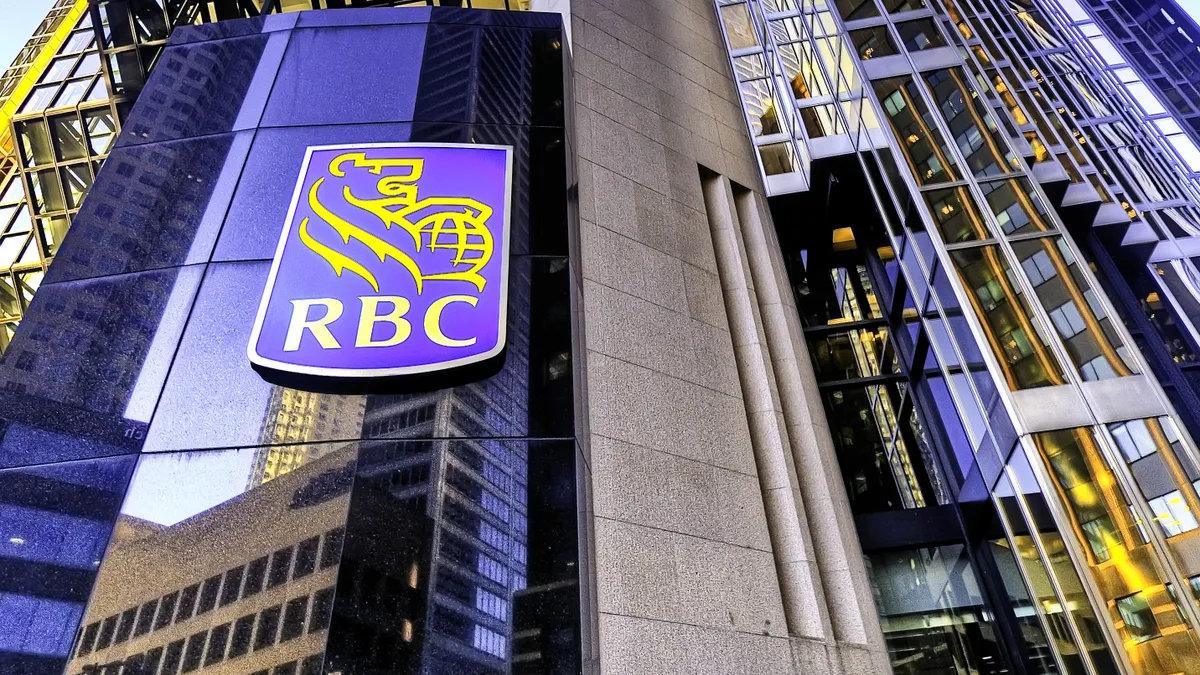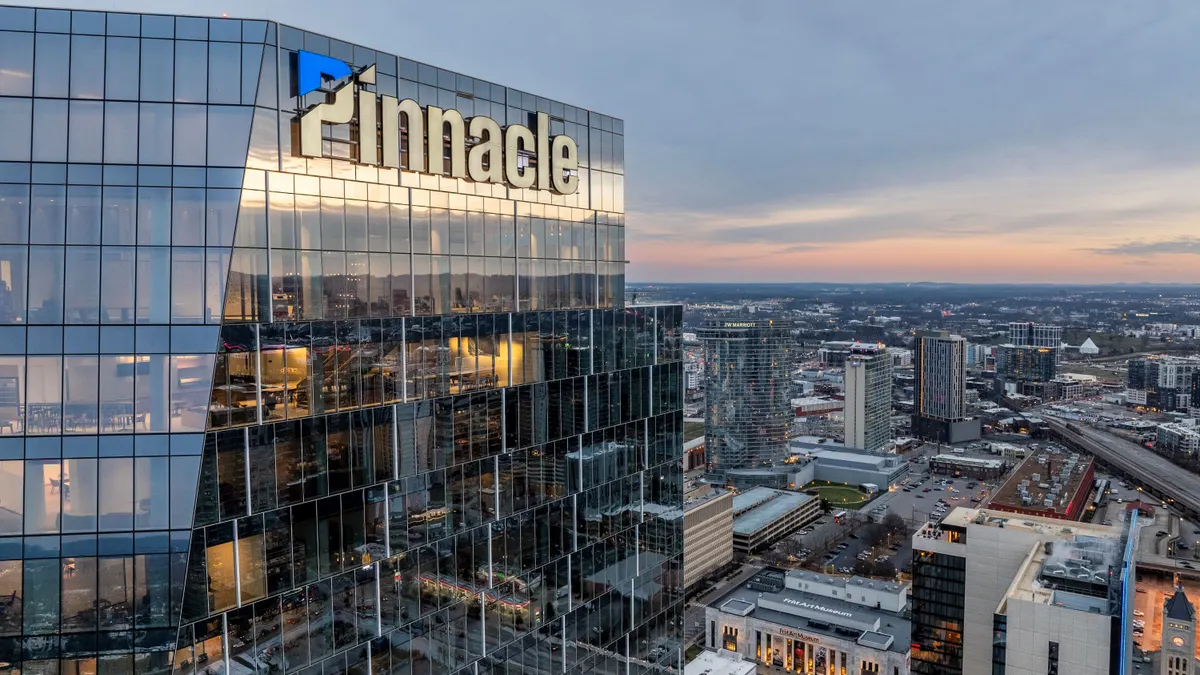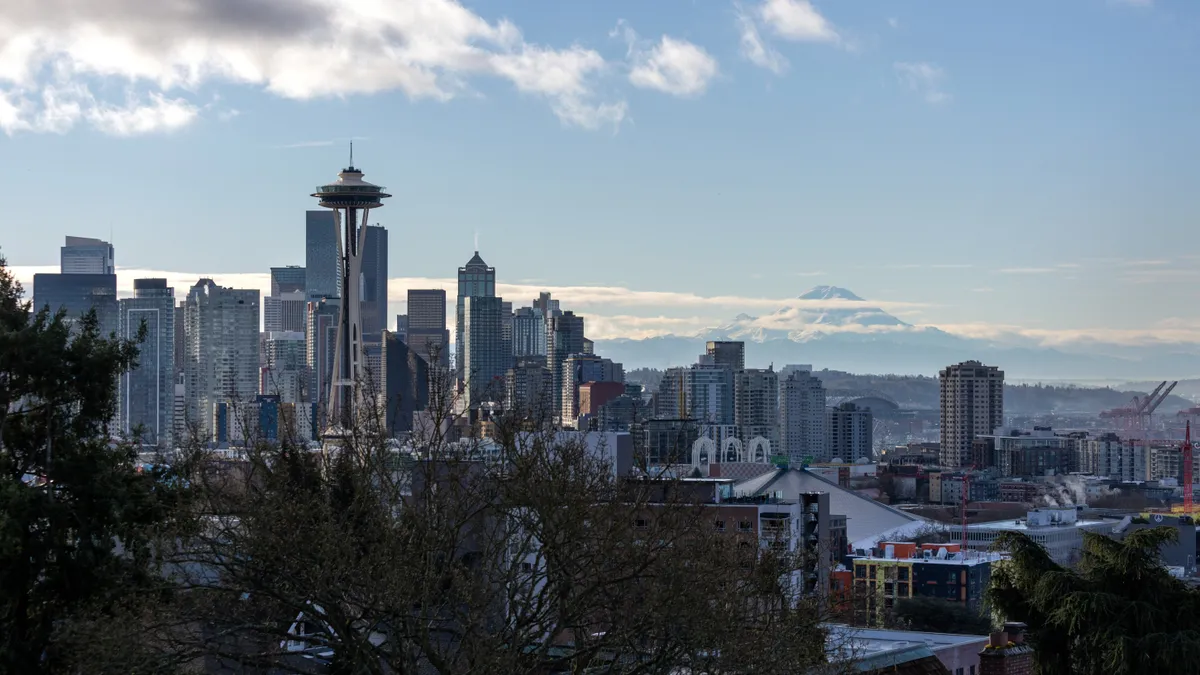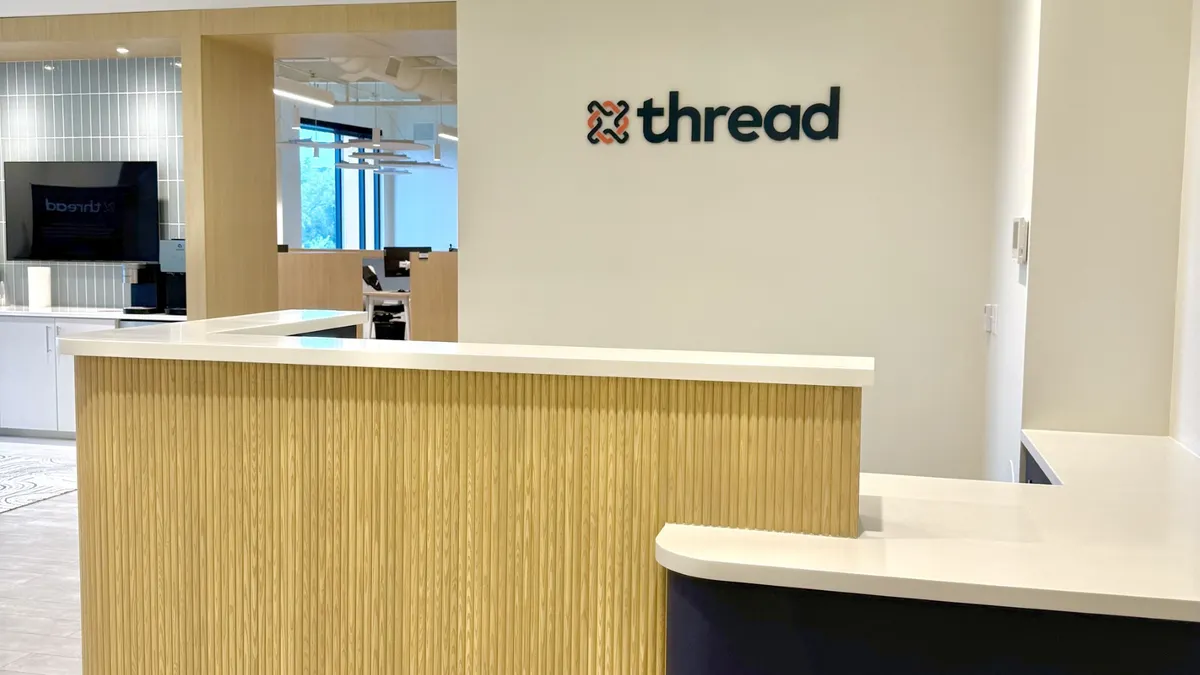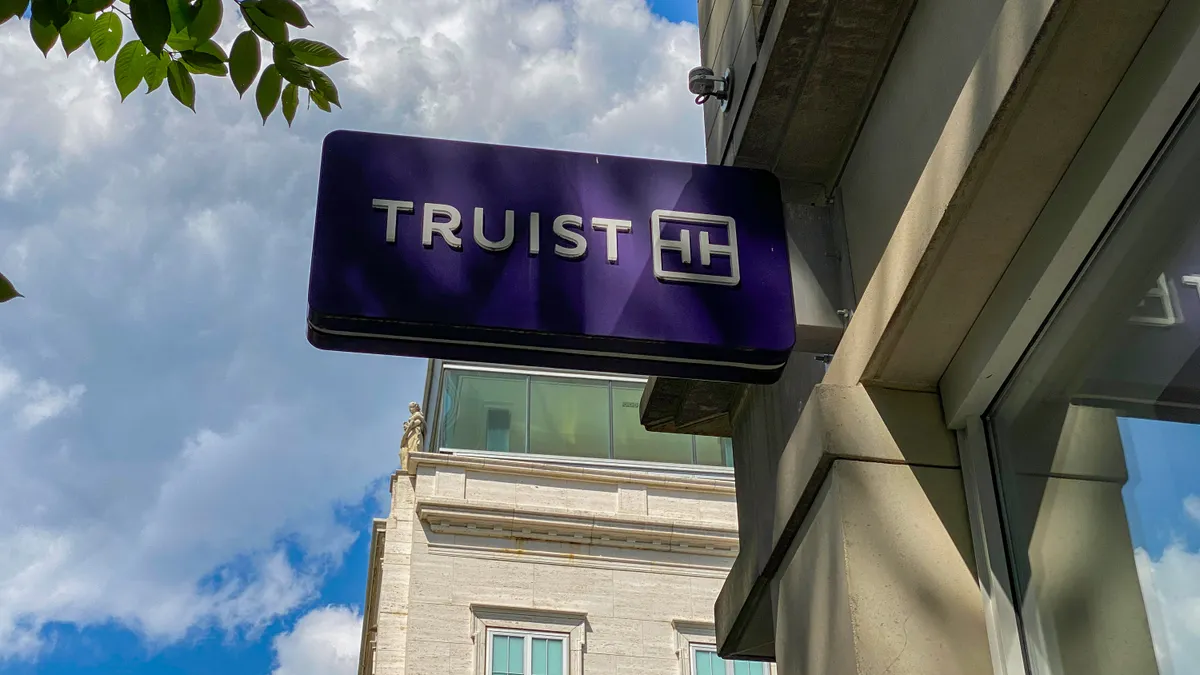Canadian Finance Minister Chrystia Freeland gave final approval Thursday to Royal Bank of Canada’s proposed C$13.5 billion ($10.2 billion) acquisition of HSBC’s Canada unit.
But the deal, which RBC executives said they’re aiming to close in the first quarter of 2024, comes with strings — including several meant to preserve jobs.
Freeland is requiring RBC to establish a global banking hub in Vancouver, with more than 1,000 jobs, including the creation of 440 net-new jobs in British Columbia.
RBC also must increase the workforce at its client operations center in Winnipeg, Manitoba, by 10%, resulting in 100 new jobs.
Additionally, RBC won’t be allowed to let go any HSBC employees for six months after closing the deal, except for terminations for just cause or by mutual agreement, Bloomberg reported.
“They are scrappy, they work really hard and we want them on our team,” RBC CEO Dave McKay said Thursday, of HSBC’s workforce in an interview with the wire service.
He called the HSBC deal the “largest opportunity in our history.”
Indeed, the RBC-HSBC tie-up stands as the largest domestic Canadian bank deal on record, according to the Globe and Mail. HSBC’s footprint makes it the seventh-largest lender in Canada. RBC is first — and the transaction will bolster the bank with nearly $100 billion in assets, 130 branches and roughly 780,000 customers.
Among Freeland’s conditions, RBC must continue to provide banking services at a minimum of 33 HSBC branches for four years. The bank also must waive certain fees for HSBC clients, including for transferring mortgages to RBC, international money transfers by nonbusiness clients, and premium accounts for 18 months.
Additionally, RBC committed to providing $7 billion in financing for affordable-housing construction across Canada — enough to build roughly 25,000 new homes.
Partisan divide
The proposed tie-up found itself at the center of a partisan divide last month, when the six Conservatives on the House of Commons finance committee recommended that Freeland reject the deal on the grounds that it would increase costs to borrowers.
Pierre Poilievre, Canada’s Conservative Party leader, called Canada’s banking sector “overly concentrated” and said approving the transaction would mean “no hope for there ever being more competition in Canadian banking.”
By contrast, RBC CEO McKay, according to The Wall Street Journal, said blocking the deal “would be a very bad signal to foreign investors … as we have to attract capital into this country.”
After news broke Thursday that Freeland was approving the deal, Poilievre posted on X: “Now all Canadians will pay the price.”
Canada’s regulators, generally, saw less of an issue with the acquisition. The Competition Bureau approved the transaction in September, stating in a report it wouldn’t result in a “substantial lessening or prevention of competition.” And the Office of the Superintendent of Financial Institutions recommended approving the sale.
Exit strategy
For HSBC, the RBC deal marks the culmination of a multi-market exit strategy. The British lender said in October 2022 that it was exploring a sale of its Canada unit. A year earlier, it struck a deal to sell 80 of its 148 U.S. branches to Citizens Bank, and another 10 to Cathay Bank. Then, it found a buyer for its French retail banking presence. HSBC and the buyer, Cerberus-backed My Money Bank, renegotiated that deal in June.
“The reality is that HSBC Canada only has a market share of around 2 per cent, and we cannot prioritize the investment needed to grow it further,” HSBC CEO Noel Quinn said Thursday in a statement seen by the Globe and Mail. “It is therefore in the best interests of HSBC Canada’s customers that the bank becomes part of RBC, which will be able to take it to the next level.”
Selling its Canada footprint may ease the pressure HSBC is feeling from its largest shareholder, Chinese insurance giant Ping An, which had urged the bank to split its Western and Asian operations. A heavier focus on Asia is key to HSBC’s recent three-year effort to cut 35,000 jobs and $100 billion in assets.
Incidentally, in another Freeland-imposed condition, RBC must maintain Mandarin and Cantonese banking services at HSBC branch locations.
HSBC, for its part, said it is considering a special dividend of 21 cents per share from the proceeds of the RBC deal in the first half of 2024, according to Reuters.
“HSBC has had a presence in Canada for many years and we are grateful for the support we received in the market through our time here,” Quinn told Bloomberg in an emailed statement Thursday.
Cost savings
RBC executives, meanwhile, have said they should be able to slash about 55% of HSBC Canada’s cost base, racking up C$740 million in savings, Canaccord Genuity analysts Matthew Lee and Betty Yang wrote, according to Bloomberg.
“We believe the transaction uniquely positions RBC to attract global, high-value customers and increase the product suite that are offered to current HSBC Canada customers,” Lee and Yang wrote.
McKay said the transaction “keeps more of Canada’s financial sector under Canadian ownership while giving our clients greater access to the global economy.”
“As we think about the commitments we made, whether it’s a community donation, an investment in affordable housing or working with HSBC employees, it’s consistent with how we saw making the transition,” he told the Globe and Mail.



